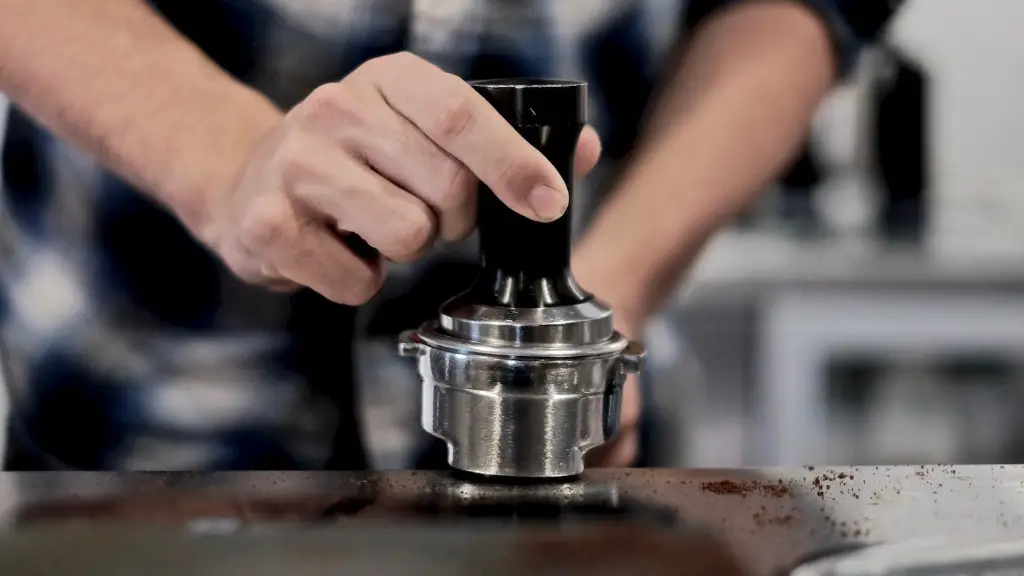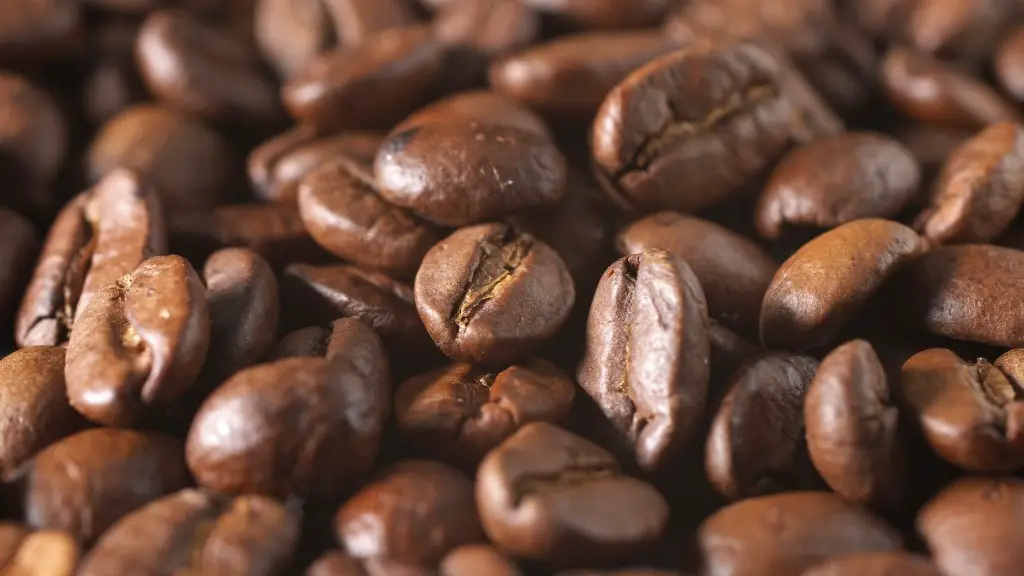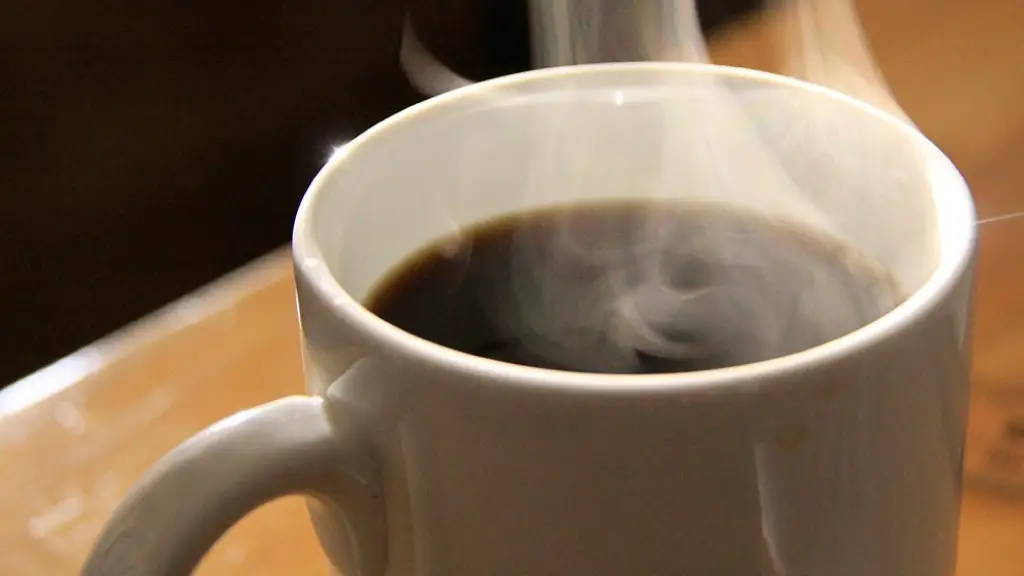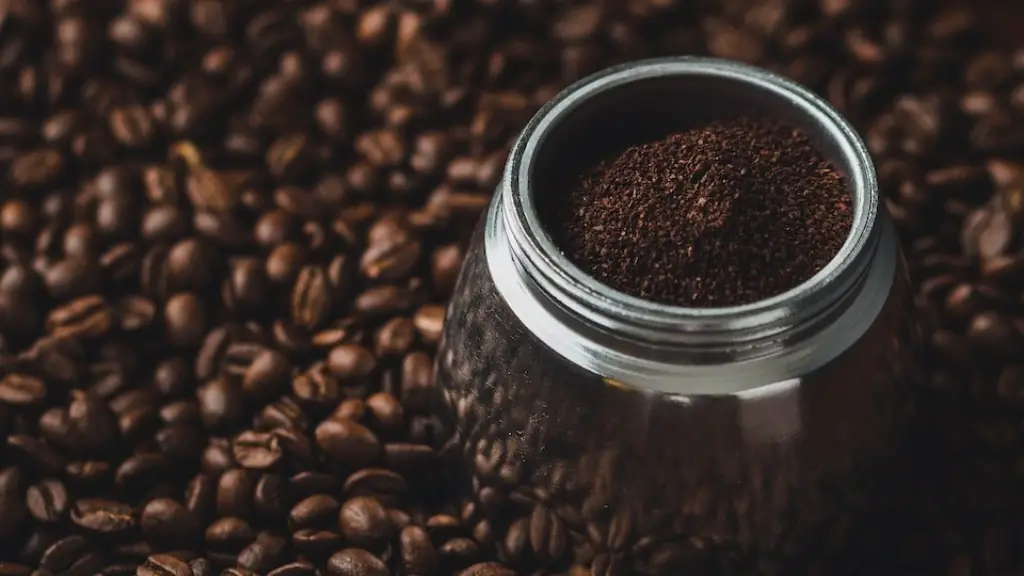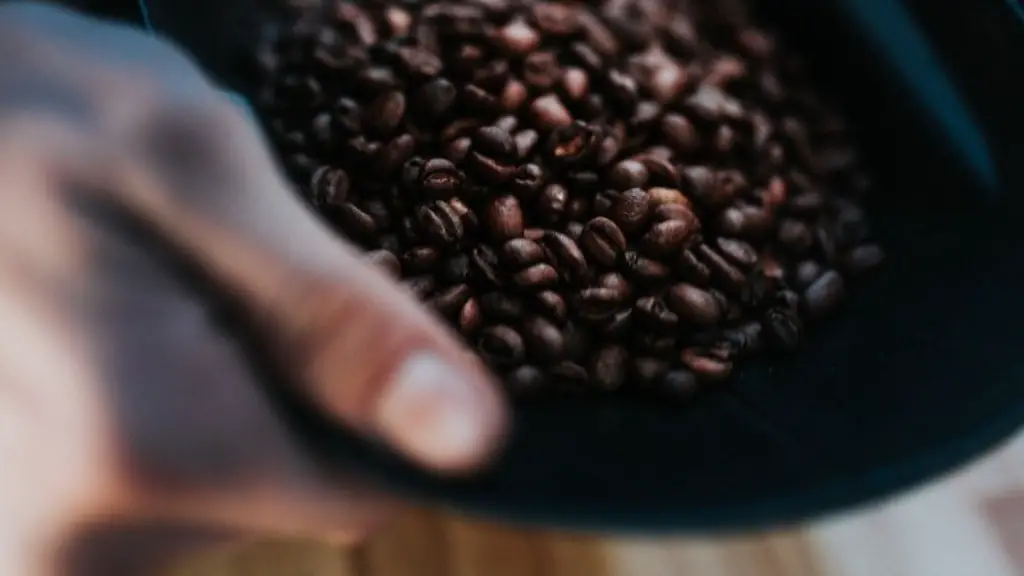Coffee is often viewed as a morning necessity, to help give an energy boost and stay alert throughout the day. However, while caffeine can help with alertness and energy levels, it can also make you feel tired afterwards.
This phenomenon is known as coffee drowsiness, and it can have a significant impact on your daily activities. Coffee drowsiness is caused by the combination of caffeine’s stimulating effects and its natural tendency to make you sleepy afterward.
Coffee contains a number of compounds that stimulate the body, such as caffeine, theobromine, and chlorogenic acid. Caffeine blocks certain receptors in the brain that signal sleepiness and helps you stay awake longer.
However, when this stimulant wears off or when your body metabolizes coffee too quickly, it can lead to feelings of exhaustion and sluggishness — coffee drowsiness. This feeling can be compounded if you drink too much coffee in a short period of time or if you do not get enough sleep at night.
To avoid feeling sleepy after drinking coffee, try to limit your intake to small amounts throughout the day rather than drinking large amounts at once. Additionally, it may help to practice good sleep hygiene to ensure that you are getting enough restful sleep each night.
Factors That Lower the Effect of Caffeine
Caffeine is a stimulant that can be found in many foods and drinks, from coffee to energy drinks. While it does give you an energy boost, there are several factors that can lower the effectiveness of caffeine. These include your size, tolerance, and genetics. A smaller person may need less caffeine to get the same effect as someone larger. Those who frequently consume caffeine develop a tolerance and will require larger amounts to feel the same effects. Genetics also plays a role in how the body processes caffeine, with some individuals naturally breaking down the stimulant more quickly than others.
In addition to size, tolerance, and genetics, lifestyle choices can also influence how caffeine affects you. For example, drinking alcohol or taking certain medications can reduce its effectiveness. Lack of sleep or high levels of stress can also cause your body to metabolize caffeine more quickly than usual. Finally, drinking too much coffee can lead to desensitization or even dependence on the stimulant.
All of these factors contribute to why some people may feel sleepy after drinking coffee. It is important to understand how caffeine affects your body so that you can adjust your consumption accordingly.
Impact of Age on Caffeine Consumption
As we age, our bodies become less efficient at metabolizing caffeine. This can cause us to become more sensitive to its effects and cause us to experience sleepiness after consuming coffee. Elderly people may need to be especially mindful of their caffeine intake since they may be more sensitive to its effects. Younger adults may also experience sleepiness from drinking coffee because of their body’s inability to break down the caffeine quickly enough. Regardless of age, it is important to be mindful of how much caffeine you are consuming.
Caffeine is a stimulant and can have a wide range of effects depending on the individual and how much has been consumed. It can increase alertness, elevate mood, and improve concentration; however, it can also cause irritability, insomnia, and restlessness. People who drink coffee in large amounts or with too little sleep may find themselves feeling sleepy after drinking coffee due to overstimulation or fatigue.
In order to reduce the risk of feeling sleepy after coffee consumption, it is important to be mindful of your intake. Avoiding large amounts of coffee or drinking in late hours can help keep your body energized rather than tired. Additionally, eating a balanced diet with plenty of nutrients can help support your body’s natural ability to metabolize caffeine more efficiently. If you are taking prescribed medications that interact with caffeine, talk with your doctor about how much you should limit your intake in order to avoid any adverse reactions from the combination.
Overall, understanding how age impacts caffeine sensitivity can help people better manage their intake in order to reduce any feelings of fatigue or sleepiness that may come from drinking coffee. Being aware of one’s own sensitivity levels and adjusting accordingly is key in avoiding unwanted side effects from caffeine consumption.
Caffeine Sensitivity and Sleepiness
Caffeine is a stimulant drug that is found in many everyday beverages, such as coffee, tea, and energy drinks. It can have both positive and negative effects on the body. It can provide an energy boost and make people more alert and productive. However, in some people it can lead to sleepiness or even insomnia.
Those who are sensitive to caffeine may experience drowsiness or an inability to focus after drinking coffee or other caffeinated beverages. This is because caffeine blocks adenosine receptors in the brain that cause drowsiness when activated. In other words, caffeine prevents the brain from recognizing when it is time to feel sleepy.
The effects of caffeine sensitivity can vary from person to person. Some people may be highly sensitive to caffeine and find that even a small amount will make them feel sleepy or cause difficulty concentrating. Others may be less sensitive and able to consume more without feeling sleepy. It is important to experiment with different amounts of caffeine and find the level that works best for you.
If you find yourself getting sleepy after drinking coffee, it may be a sign that you are sensitive to the effects of caffeine. In this case, it is best to reduce your intake of caffeinated beverages or switch to decaf versions instead. Additionally, making lifestyle changes such as getting more sleep and exercising regularly can help reduce sleepiness caused by caffeine sensitivity.
Stimulant vs. Depressant Response to Caffeine
Caffeine is a substance found in coffee, tea, and other beverages that can have different effects on people. Some people experience a stimulant response to caffeine, feeling more awake and energized after drinking coffee or other caffeinated drinks. Other people may experience a depressant response, feeling sleepy or tired after consuming caffeine. This response can vary from person to person and is largely determined by individual physiology and lifestyle habits. The amount of caffeine consumed also affects how it affects the body.
Genetics may also play a role in the stimulatory or depressant effects of caffeine on an individual’s body. Caffeine sensitivity has been linked to genetic makeup, age, gender, and time of day that the beverage is consumed. People with certain types of genes may find that they are more sensitive to the effects of caffeine than others. Additionally, women generally have a higher sensitivity than men, while younger people tend to be more resistant than older individuals.
Finally, the timing of when you drink your caffeinated beverage can affect how it impacts your body. For example, if you consume caffeine close to bedtime or during the late afternoon/evening hours, you may find yourself more prone to experiencing its sedating effects rather than its stimulating ones. Therefore, it is important for individuals to be aware of their own individual responses when consuming caffeinated beverages in order to best use them for their desired effect.
Timing of Caffeine Consumption
Many people find that consuming caffeine in the morning helps them stay alert and energized throughout the day. However, drinking coffee or other caffeinated beverages too late in the day can cause sleep disturbances. Caffeine is a stimulant, which means it can increase alertness and energy levels, but it also has a half-life of up to five hours depending on individual metabolism. That means if you consume caffeine late in the day, it will still be active in your body when it’s time to go to bed. The result is difficulty falling asleep and poor sleep quality.
Therefore, it is best to limit caffeine consumption after lunchtime to avoid sleep disturbances. Additionally, some people are more sensitive to the effects of caffeine than others, so if you find yourself feeling sleepy after drinking coffee you may want to experiment with adjusting your intake time or reducing your overall caffeine intake.
Sleep Deprivation and Sleepiness After Drinking Coffee
Sleep deprivation can have a significant impact on how the body responds to caffeine. When individuals are sleep-deprived, caffeine has a greater effect, resulting in increased alertness and improved performance on tasks. However, when the effects of caffeine wear off, the individual may experience extreme sleepiness as their body tries to make up for lost sleep.
Coffee is a stimulant that can provide temporary relief from fatigue and drowsiness. Caffeine blocks adenosine receptors in the brain, which helps keep you awake by preventing adenosine—a sleep-inducing hormone—from binding to those receptors. This can help to increase alertness temporarily.
However, it’s important to note that drinking coffee when you’re already sleep deprived can be counterproductive as it can disrupt your natural circadian rhythm and further contribute to feeling fatigued during the day. In addition, if you drink too much coffee throughout the day without getting enough restful sleep at night, your body may become accustomed to relying on caffeine for energy instead of allowing itself to naturally restore its energy levels.
Additionally, when you’re already feeling sleepy due to lack of sleep, consuming coffee may only provide short-term relief and make you feel more sleepy once it wears off. This is because caffeine is a stimulant that works by blocking receptors in the brain that help promote feelings of sleepiness. As such, drinking coffee while already feeling tired may result in increased exhaustion after its effects wear off as your body struggles to make up for lost restful sleep time.
To Sum Up
It is normal to feel sleepy after drinking coffee. This is due to the effects of caffeine in coffee, which causes an initial burst of energy followed by a crash. Caffeine blocks adenosine receptors in the brain, causing us to feel more alert temporarily until the effects wear off, leading to sleepiness. The best way to avoid this feeling is to limit caffeine intake, drink plenty of water and get enough sleep each night.
For those who do experience sleepiness after drinking coffee, it is important to listen to their bodies and take the time for rest if needed. Doing so can help them avoid feeling unwell or overly fatigued during the day.

